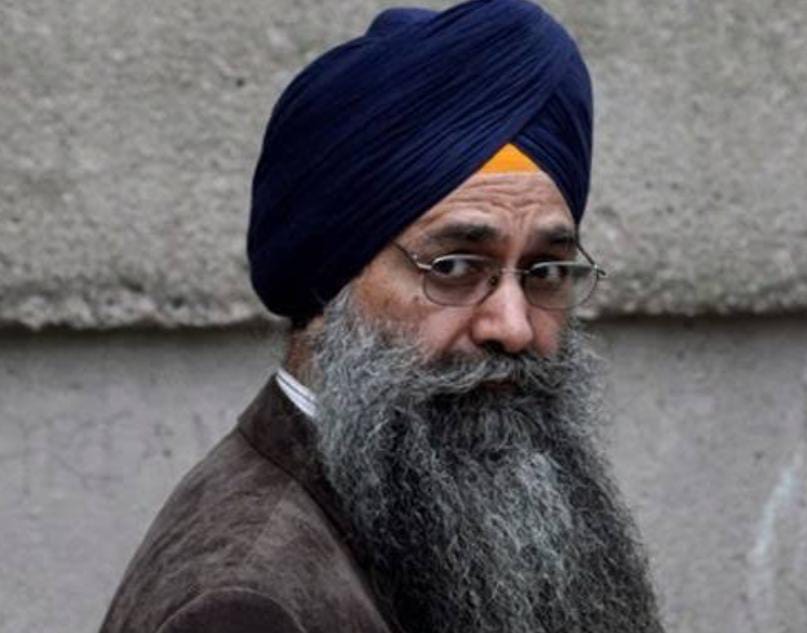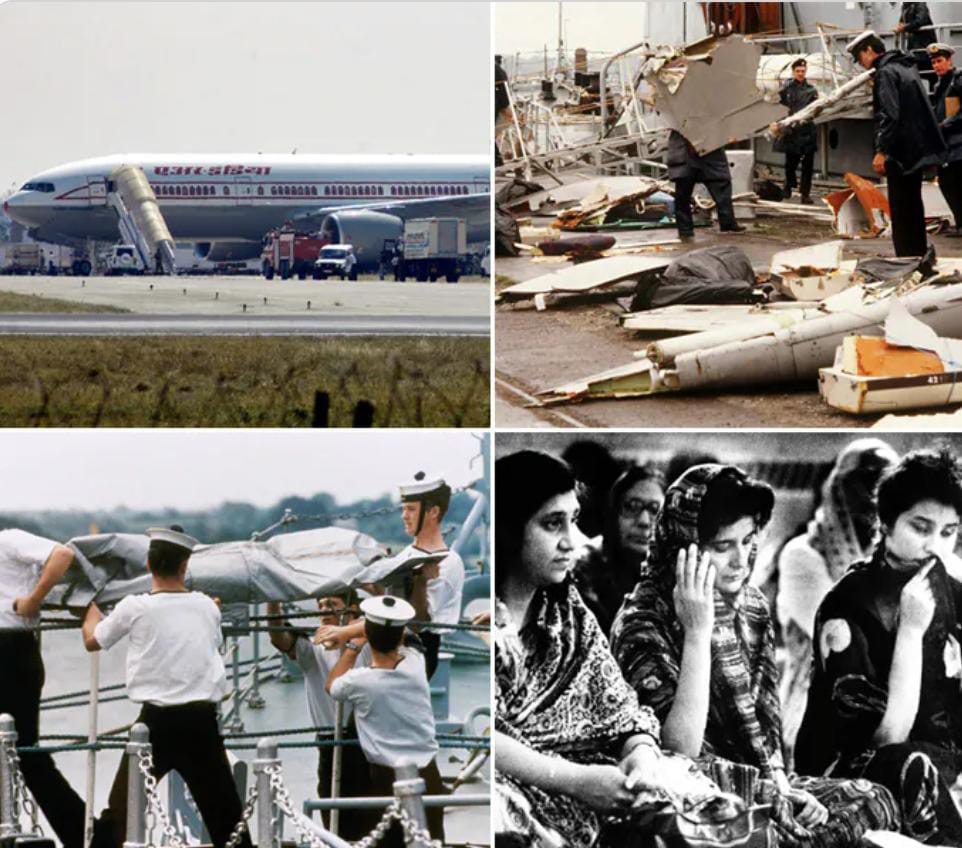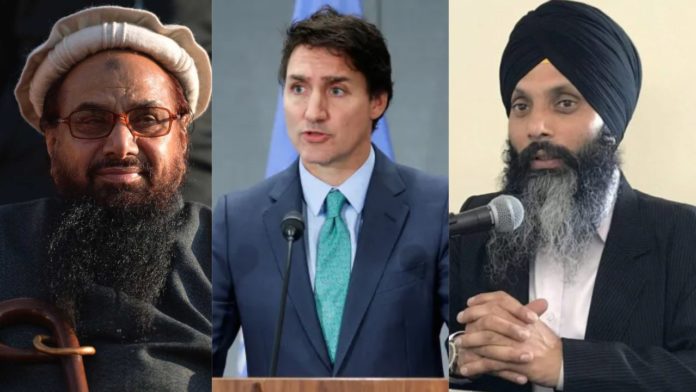If Pakistan has been a safe haven for terrorists like Hafiz Saeed, Syed Salahuddin then Canada too has provided shelter to terrorists like Talwinder Singh Parmar, Inderjit Reyat and Hardeep Nijjar: Is ‘Canadistan’ a reality? Sagarika Mitra, Content Head of JAN KI BAAT explains
Indian government has been unsparing in its choice of words for Canada after Justin Trudeau escalated the diplomatic faceoff with India by blaming India for the killing of Khalistani terrorist Hardeep Singh Nijjar. Canada calls him a ‘citizen’. The Ministry of External Affairs has described Canada as a ‘safe haven’ for ‘terrorists, extremists and organised crime’ – Words that were earlier used in the context of Pakistan.

One cannot ignore the eerie parallels between Pakistan, known for harboring terrorists like Hafiz Saeed and Syed Salahuddin, and Canada’s sheltering of terrorists like Talwinder Singh Parmar, Inderjit Reyat, and Hardeep Nijjar. These cases echo the question: Is Canada becoming the ‘Pakistan of the West’ regarding terrorism?
One can’t help but remember the Air India bombing in 1985, orchestrated by Khalistani terrorists. Tragedy struck when Air India Flight 182, en route from Canada to India, was blown up by a suitcase bomb, resulting in the loss of all 329 lives on board. Among the victims, 268 were Canadians, 27 were British, and 24 were Indians, including 22 crew members. It remains the deadliest terrorist attack emanating from Canadian soil and it took 25 years for justice to be served with one conviction.

The conviction, however, was of a single man, Inderjit Singh Reyat, who was later released in 2016. Reyat’s release was a haunting reminder of the failure of the Canadian government to bring all perpetrators to justice.
In 1982, Canada’s then-Prime Minister and Justin Trudeau’s father Pierre Trudeau declined Indira Gandhi led Indian government’s extradition request for Talwinder Singh Parmar, the leader of the notorious Babbar Khalsa, and the mastermind of the Kanishka Bombing. Back in 1982, Parmar faced allegations of murder, particularly the killing of police officers. This refusal set off a chain of events that ultimately led to the Air India bombing in 1985, a tragedy that claimed 329 lives.
Canadian journalist Terry Milewski, in his book, revealed how absurd protocols were used to deny India’s extradition request, citing India’s insufficient deference to the Queen.
In the case of Hardeep Singh Nijjar, the highlights of Canada’s leniency were glaring to say the least. Despite Indian alerts and extradition requests, Canada took little action against Nijjar. In 2016, the Indian government alerted Canada about a Khalistan terrorist camp in British Columbia, providing clear intel about Nijjar’s activities, which went largely unaddressed.
Canada’s complacency in addressing Khalistani extremism on its soil has allowed these radical elements to flourish. From targeting Indian diplomats to celebrating the assassination of former Indian Prime Minister Indira Gandhi, Canada has allowed Khalistani extremists to provoke India with impunity.
The world watches as Canada under Justin Trudeau prioritises short-term political gains over global security – this shouldn’t lead to Canada becoming a sanctuary for terrorists from across the world.

